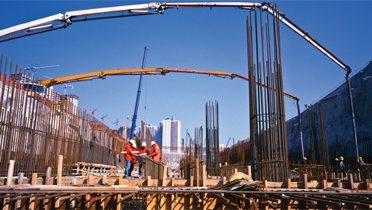Introduction and Summary —
The U.S. corporate tax system debuted more than 100 years ago and has evolved little to meet the challenges of today’s economy. The country would benefit greatly from a reform of this system that maintains corporate tax revenues while increasing incentives for businesses to locate, invest, and produce in the United States, thus offering the prospect of higher wages and better job opportunities for American workers.
At its peak in the 1960s, the U.S. corporate income tax accounted for more than one-fifth of all federal revenues, making it the second most important federal revenue source after the personal income tax. Figure 1 (see PDF) shows that since then corporate tax revenues have declined as a share of national income and total federal revenues. After the major Reagan-era tax cuts in 1981, the corporate tax has provided less than 12 percent of federal revenues in all but four fiscal years, during the period 2005–2008, when a booming financial sector generated temporarily high profits and tax revenues. Few analysts expect a rebound back to those levels.
The declining importance of the corporate income tax is particularly troubling as budget pressures increase. But beyond concerns about revenue, much of the current pressure on the corporate tax relates to the competitiveness of the United States in the global economy as a home for multinational corporations, new business investment, and production and economic activity. How U.S. corporations are taxed strikes at the heart of productivity, wages, and employment of American workers.
The Brookings Institution is committed to quality, independence, and impact.
We are supported by a diverse array of funders. In line with our values and policies, each Brookings publication represents the sole views of its author(s).



